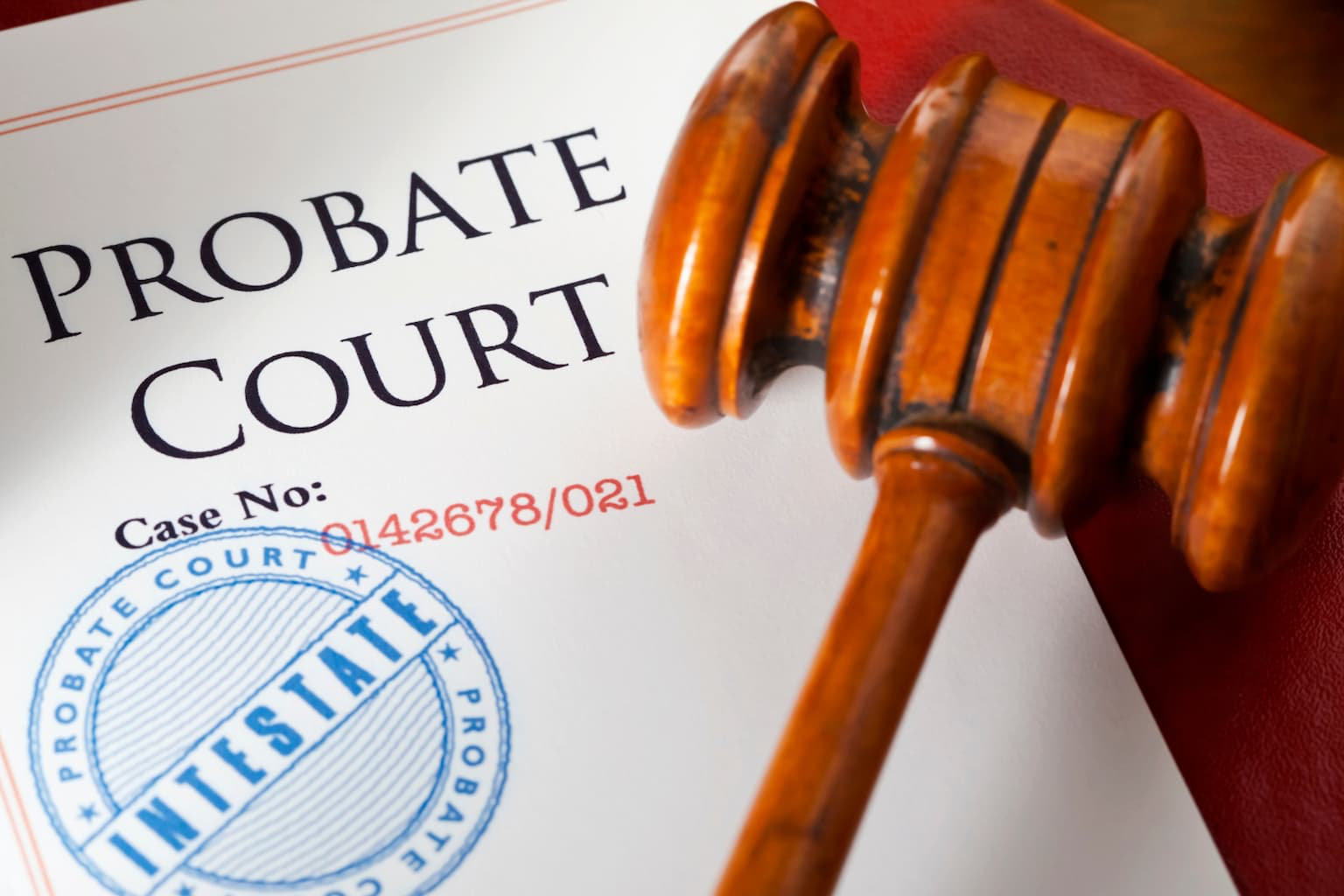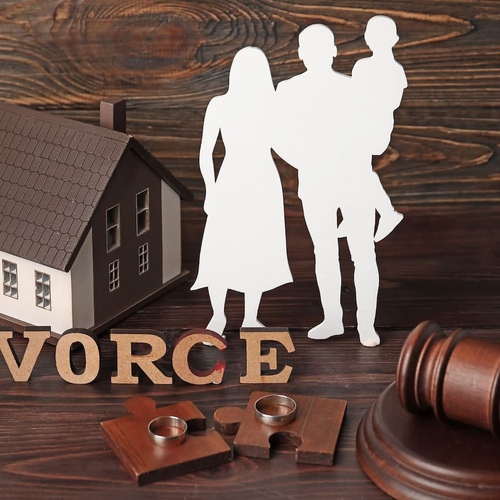Understanding the Process of Getting Court Approval in Probate Sales
When dealing with a loved one’s estate, getting court approval for a probate sale is a crucial step. This legal process ensures that the property sale complies with the law and protects the interests of all beneficiaries. You may need court approval if the estate's value is high or if there are disagreements among heirs. Understanding how to request authorization and what to expect during a probate court hearing will help you manage the process smoothly and avoid legal trouble.
What Is Court Approval for a Probate Sale?
Court approval for a probate sale means a judge must review and approve the sale of property from an estate before it’s finalized. This approval confirms that the sale price is fair and that the executor is acting in the estate’s best interest. It also provides transparency for heirs and beneficiaries, reducing the risk of disputes.

Hot Topic You Might Love: If you're enjoying this, don’t miss our latest post — Can I Sell a Probate House Before Getting Title? It’s getting attention and might surprise you.
Why Is Court Approval Important?
Legal Protection and Transparency
Court oversight guarantees that the probate sale complies with legal standards. It protects heirs from unfair dealings and ensures the executor follows proper procedures.
Preventing Disputes
If multiple heirs are involved or if the will is contested, court approval for a probate sale helps prevent conflicts by providing a neutral ruling on the sale terms.
When Is Court Approval Required?
Not all probate sales need court involvement. However, these everyday situations often require approval:
Estate Value Threshold
If the estate is worth more than a certain amount (varies by state), the court must approve the sale. This protects all parties involved, especially when significant assets are at stake.
Want to understand the whole process? Check out this detailed Probate Sale in California Guide for a breakdown of laws, timelines, and tips to make the sale easier.
Inheritance Disputes
If heirs disagree on the sale, court involvement becomes necessary. The court can help resolve conflicts and make sure the sale is fair.
Debt or Asset Liquidation
When estate debts must be paid, selling property may be necessary. Estate sale approval ensures the process is legal and transparent.

Steps to Obtain Court Approval for a Probate Sale
Here’s a step-by-step look at how to get court approval for a probate sale:
1. Prepare Required Documents
Gather the will, estate inventory, and a proposed sale agreement. Include a recent appraisal to show the property’s fair market value.
2. File a Petition with the Probate Court
Submit your request along with supporting documents. This step officially starts the approval process.
3. Notify All Interested Parties
Could you send notices to beneficiaries, heirs, and creditors? Following proper notice delivery methods avoids future complications.

Prefer to watch? Here’s a quick YouTube video explaining probate without a will that helps clarify what happens when no will exists.
4. Attend the Probate Court Hearing
Present your case to the judge. Be prepared to answer questions about the sale price, buyer, and how the sale benefits the estate.
5. Receive Court Approval and Finalize Sale
Once approved, you can go ahead with the transaction if you like. You may need to submit a final report showing how proceeds were used or distributed.
What the Court Considers Before Approval
Property Value and Fairness
The judge will look at the asset valuation to make sure the sale price reflects market value. According to the American Bar Association, courts aim to protect beneficiaries from undervalued transactions or executor missteps. If there are competing offers, the court may require a bidding process to be conducted.
Beneficiary Interests
The court ensures the sale won’t harm any beneficiary's rightful share.
Executor Responsibilities
The judge reviews whether the executor fulfilled their legal duties, including proper notice and full disclosure.
Common Challenges in Probate Sales
Disagreements Among Heirs
When beneficiaries can’t agree, the process may take longer. Clear communication and legal guidance can help avoid conflict.
Valuation Issues
Incorrect or disputed appraisals can delay court approval. Always use a certified appraiser and document everything clearly and accurately.
Timeline Delays
Missing deadlines for filings or hearings can stall the sale. Stay organized and follow your probate timeline closely.

Probate sales often face delays and disagreements, especially in cities like Vallejo, CA, where property values can fluctuate quickly. If you're in the area, explore your options with Sell Quick California’s Vallejo team, who specialize in probate real estate.
What Happens After Court Approval?
Once the court approves the sale:
- Could you finish the purchase with the buyer?
- Could you report the transaction to the court?
- Distribute funds to creditors or beneficiaries, following the judge’s order.
Following these post-approval sale procedures helps avoid penalties or future legal issues.
Conclusion
Getting court approval for a probate sale is a key part of closing an estate. It ensures transparency, protects all parties involved, and avoids future legal problems. Whether you’re an executor or a beneficiary, understanding the process helps you move forward with confidence. By following the proper steps and being prepared for the hearing, you’ll be ready to handle a probate sale legally and smoothly.





